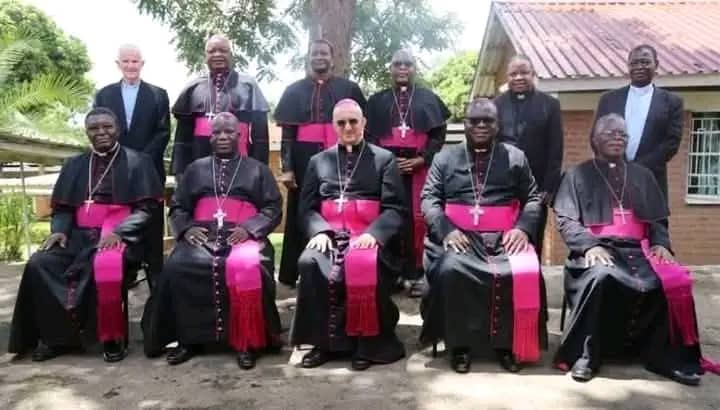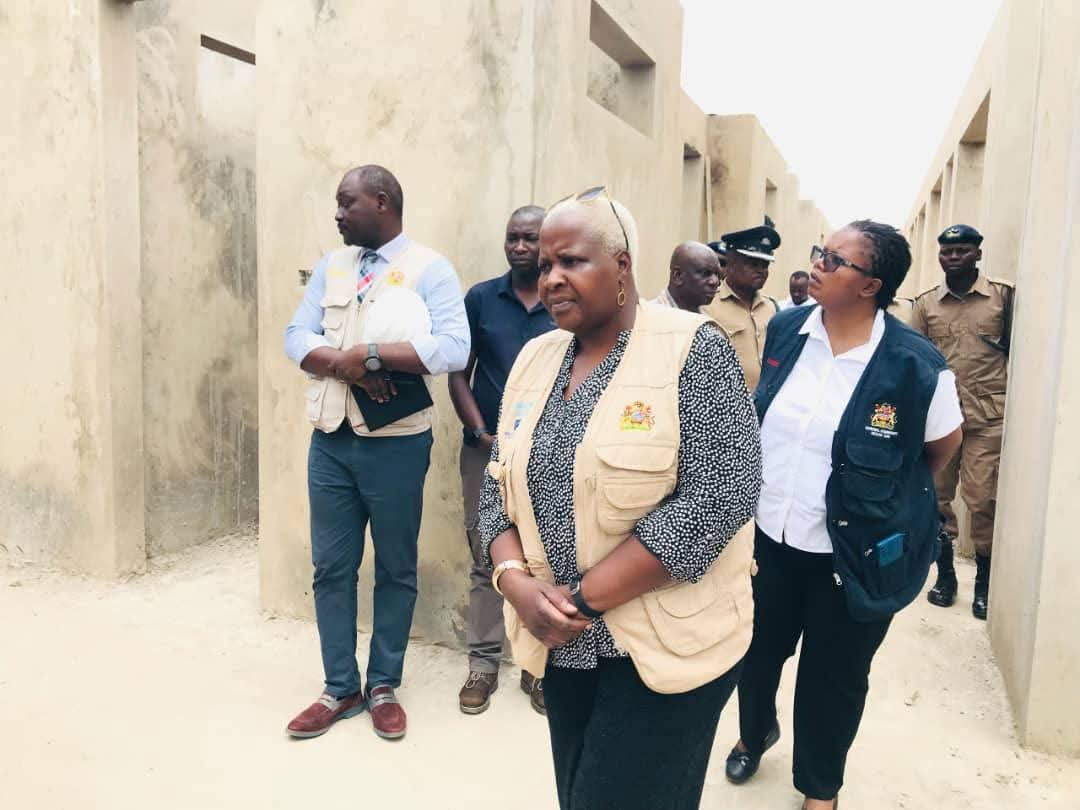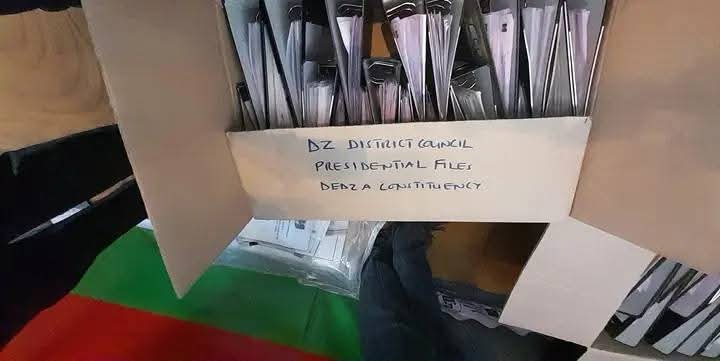By Twink Jones Gadama
The Malawi Congress Party’s (MCP) tumultuous relationship with the Catholic bishops has once again come to the forefront.
The party’s history of conflict with the bishops dates back to the days of Kamuzu Banda, when the bishops released a pastoral letter condemning the government’s dictatorial rule and human rights abuses.
In response, the MCP’s NEC resolved to kill the bishops at a meeting held in Lilongwe.
This shocking revelation highlights the party’s willingness to use violence and intimidation to silence its critics.
Fast forward three decades, and it seems like history is repeating itself.
The MCP, now under the leadership of President Lazarus Chakwera, is once again at odds with the Catholic bishops.
This time, the party’s seniors have allegedly hired members to disguise themselves as church leaders and attack the bishops.
The recent press briefing, where these fake church leaders attacked the bishops, is a clear indication of the MCP’s desperation to silence its critics.
The fact that these individuals failed to disclose the identities of their churches raises serious questions about their credibility and motives.
The Catholic bishops, on the other hand, have shown remarkable courage and resilience in the face of adversity.
Their commitment to speaking truth to power and advocating for human rights is a testament to the important role that the church plays in promoting justice and democracy in Malawi.
As the MCP continues to wrestle with the Catholic bishops, it is clear that the party has not learned from its past mistakes.
The MCP’s authoritarian tendencies and willingness to use violence and intimidation to silence its critics are a threat to democracy and human rights in Malawi.
The international community has a role to play in condemning the MCP’s actions and calling for reform. Donor countries, in particular, have a responsibility to ensure that their aid is not being used to support a government that is committed to silencing its critics through violence and intimidation.
The MCP’s conflict with the Catholic bishops is a clear indication of the party’s lack of commitment to democracy and human rights.
As the party continues to use dirty politics to attack the bishops, it is clear that history will repeat itself, and the MCP will once again fall and become eternal opposition.
The Catholic Church, with its four characteristics of being one, holy, Catholic, and apostolic, will continue to play a vital role in promoting justice and democracy in Malawi.
The church’s commitment to speaking truth to power and advocating for human rights is a beacon of hope for the people of Malawi.
As Malawians look to the future, it is clear that the MCP’s conflict with the Catholic bishops is a symptom of a larger problem.
The party’s authoritarian tendencies and willingness to use violence and intimidation to silence its critics are a threat to democracy and human rights in Malawi.
It is time for the MCP to change its ways and commit to democracy and human rights.
The party must learn to respect the rights of its critics and engage in constructive dialogue rather than resorting to violence and intimidation.
Only then can Malawi move forward and build a brighter future for all its citizens.




